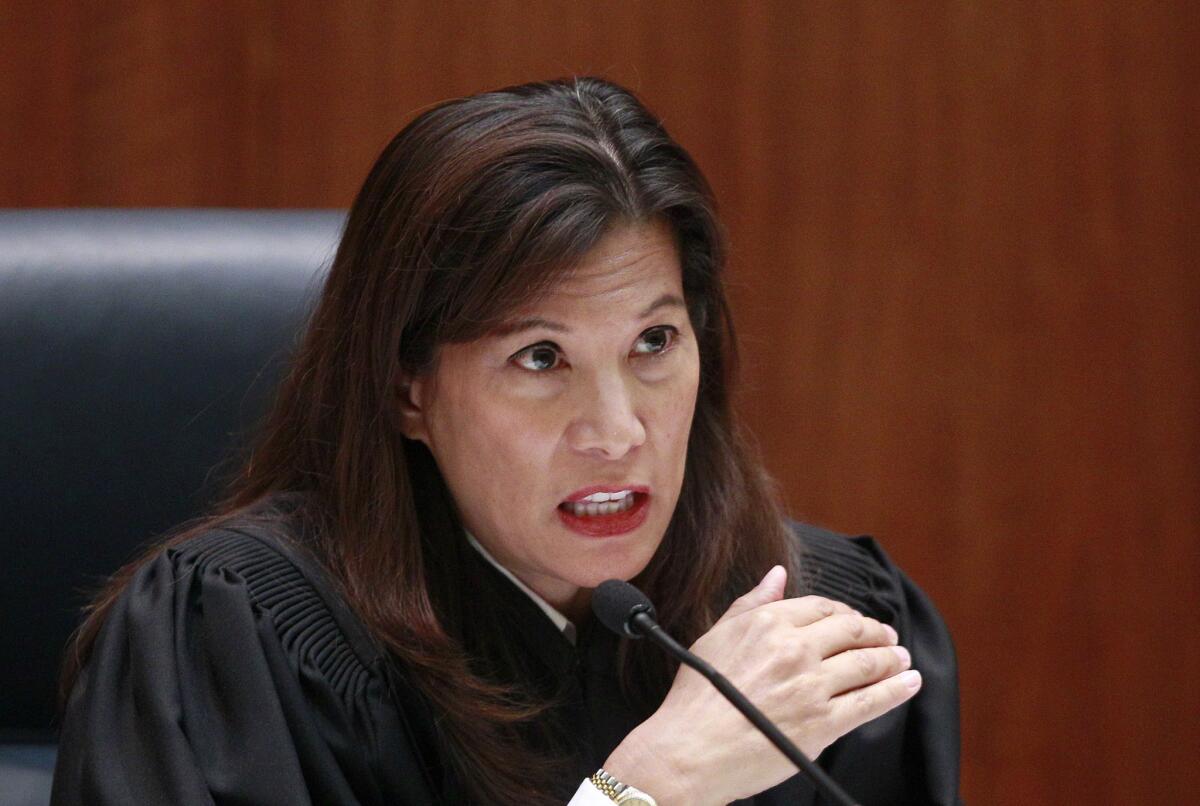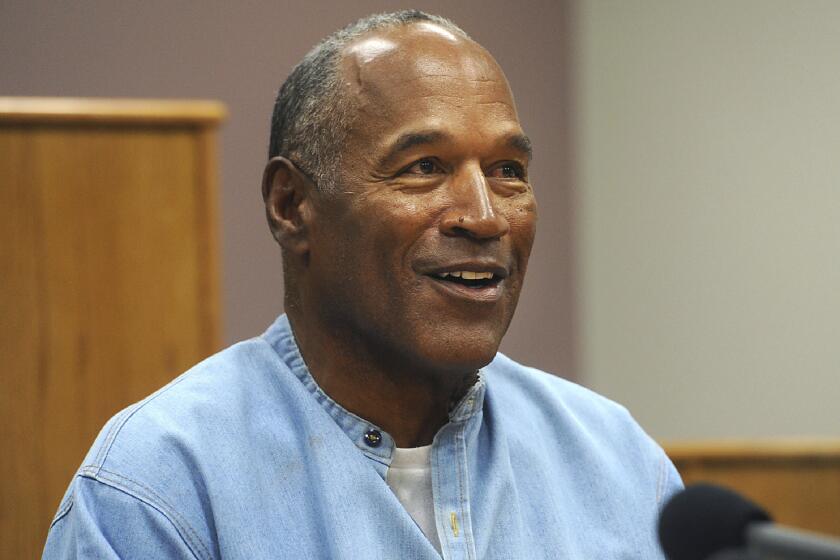Reversal of death sentence reflects leftward tilt of California Supreme Court

Nearly two years ago, Gary Grimes lost his bid to overturn his death sentence.
The vote on the California Supreme Court was close — 4-3 — and the decision was not technically final when the court changed membership. Two new justices, appointed by Gov. Jerry Brown, joined the dissenters to reconsider Grimes’ appeals.
On Monday, the court overturned Grimes’ death sentence on a 4-3 vote, with Brown’s appointees in the majority.
The turnaround underscored the malleability of the law. A judge’s perceptions, views and inclinations matter, and differences can determine whether someone lives or dies. Federal appeals court Judge Alex Kozinski wrote in a law journal that much of what judges do amounts to “guesswork.”
In Grimes’ case, the issue turned on whether a legal error by the trial judge affected the jury’s decision to recommend a death sentence.
Grimes, a Shasta County resident, participated in a 1995 home invasion that resulted in the killing of Betty Bone, 98.
The trial judge refused to allow testimony that the man who slayed Bone told others that Grimes did not participate in killing the woman. The killer committed suicide before the arrests.
The first majority, in a ruling written by Chief Justice Tani Cantil-Sakauye, said the omission of the testimony would not have made a difference to the jury.
Justice Kathryn Mickle Werdegar, a moderate to liberal Republican appointee, and Justice Goodwin Liu, a Brown appointee, disagreed. The third dissent came from an appeals court judge filling in because of a vacancy on the court.
They said the jurors might have spared Grimes’ life if they believed he had not committed the actual killing.
Then Justices Leondra Kruger and Mariano-Florentino Cuéllar joined the court, and in an extremely rare action, they joined Werdegar and Liu in voting for reconsideration.
In a ruling written by Kruger, the court on Monday unanimously upheld Grimes’ conviction.
“No reasonable jury could have found that defendant was not a major participant in the crime or that he did not act with reckless indifference to life,” Kruger wrote.
But the court split on the death penalty. The majority said it found a reasonable possibility that the jury would have spared Grimes’ life if it had heard the excluded evidence.
For the first time in decades, the state high court has a majority of moderately liberal judges, and Monday’s result reflected that. The Brown appointees do not always agree with each other, but they appear to be gently pushing the court in a new direction.
“A more liberal bloc is firmly in control, consisting of Justices Werdegar, Liu, Cuellar and Kruger,” Santa Clara Law Professor Gerald Uelmen wrote in a study of the court’s voting patterns.
The four agreed with each other in 95% of the cases Uelmen examined in a one-year period.
“The court has certainly moved a bit to the left, in both civil and criminal cases, but the efforts to maintain a high level of agreement reflect both restraint and collegiality,” Uelmen wrote.
Monday’s decision also raised questions of how the law should function technically, but the ruling did not answer them.
The attorney general had not initially argued that the trial judge’s decision to limit the witnesses’ testimony was “harmless.” The court ordered both sides to present written arguments on that point and held a second oral argument.
That troubled Liu. Under the law, failure to raise an issue means you can’t argue it later. A defense lawyer who fails to object to something during a trial cannot bring it up later in an appeal.
Should the court have given the prosecution the opportunity to argue the winning point when it hadn’t even raised it in the first place?
Although the question was left unanswered, the three justices who were in the previous majority insisted they had been right all along.
“Even assuming error by the trial court,” Cantil-Sakauye wrote in a dissent joined by two other Republican appointees, “no reasonable possibility exists that the error affected the outcome at the guilt phase or the penalty phase of defendant’s trial.”
Twitter: @mauradolan
More to Read
Start your day right
Sign up for Essential California for news, features and recommendations from the L.A. Times and beyond in your inbox six days a week.
You may occasionally receive promotional content from the Los Angeles Times.







